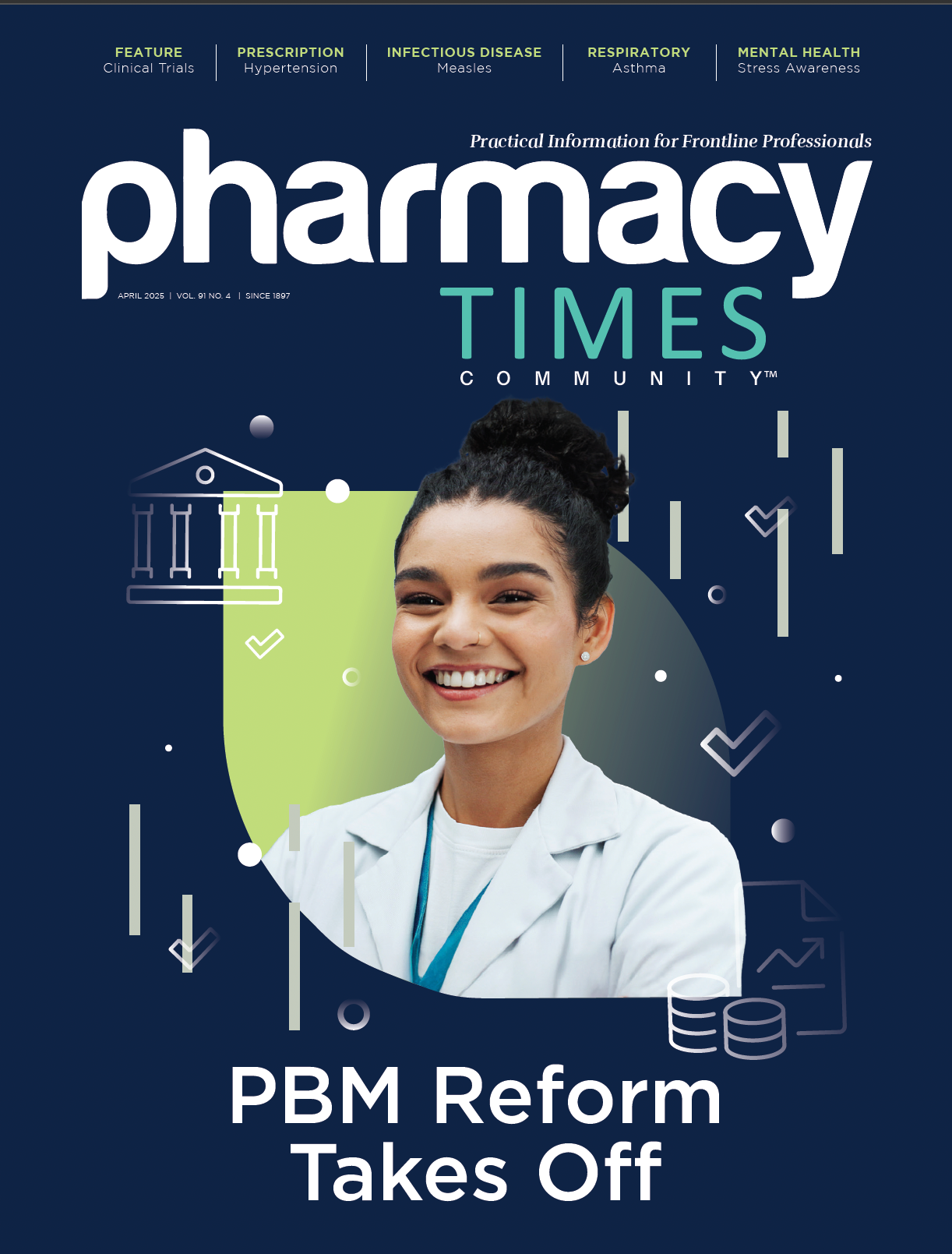Pharmacy technicians are taking on increasingly complex responsibilities, from managing inventory and handling prior authorizations to providing patient education and supporting pharmacists in clinical tasks. As their roles expand, so does the need for specialized knowledge and skills. Recognized credentials that validate expertise in specific areas are essential for career advancement and professional growth.
WHAT ARE MICROCREDENTIALS?
Microcredentials certify the learning outcomes of short-term educational experiences, such as specialized courses or training programs. They offer a flexible and targeted way for individuals to develop the knowledge, skills, and competencies necessary for personal and professional growth. These credentials also serve as valuable indicators to employers of their initiative and readiness for new challenges.
About the Author
Liza Chapman, PharmD, FAPhA, serves as PTCB’s chief professional officer and is responsible for developing partnerships with the pharmacy community, including educators, employers, state and national pharmacy associations, and state boards of pharmacy to advance pharmacy technician roles and responsibilities and medication safety.
According to findings from a 2023 study by UPCEA, hiring professionals see significant benefits in employees who earn microcredentials.1 Specifically, 76% of respondents say they believe microcredentials demonstrate an employee’s willingness to develop their skills, 63% say these credentials showcase initiative, and 60% view them as an easy way to communicate an employee’s competencies.1
Additionally, a 2022 Society for Human Resource Management report found that more than 8 in 10 executives, supervisors, and human resources professionals recognize alternative credentials as enhancing employee credibility. A majority of executives (70%) and supervisors (53%) also believe employees with these credentials perform better in their roles.2
ASSESSMENT-BASED CERTIFICATES: A GAME CHANGER FOR PHARMACY TECHNICIANS
The Pharmacy Technician Certification Board (PTCB) Assessment-Based Certificate Programs allow pharmacy technicians to validate their expertise, advance their careers, and contribute more effectively to patient care. Distinct from the foundational Certified Pharmacy Technician (CPhT) certification, these specialized certificates allow technicians to deepen their knowledge in specific areas of pharmacy practice. There are 11 certificates available, including Billing and Reimbursement, Hazardous Drug Management, and Immunization Administration.
THE IMPACT OF MICROCREDENTIALS ON TECHNICIANS AND PHARMACIES
Earning a PTCB Assessment-Based Certificate offers numerous benefits, both for the technician and the pharmacy. For pharmacy technicians, these microcredentials provide a competitive edge, increased earning potential, improved job satisfaction, and expanded career opportunities. Employers seek skilled professionals who can handle complex tasks and improve patient outcomes, and certification demonstrates a commitment to professional development and can lead to specialized roles and advancement opportunities. Additionally, technicians with specialized skills often command higher salaries due to their added value in the workplace.
Employing technicians with these microcredentials also provides benefits for pharmacies. For instance, certified technicians have been rigorously trained and assessed, reducing the need for extensive on-the-job training and minimizing errors. Specialized skills in areas such as hazardous drug management and immunization administration also contribute to higher standards of patient safety and care. Additionally, with well-trained technicians handling specialized tasks, pharmacists can focus on clinical decisions and patient consultations, optimizing workflow. Recognized standards of competency encourage continuous learning and help raise the overall perception of pharmacy technicians within the health care community.
SUCCESS STORIES
Many pharmacy technicians have leveraged PTCB credentials to advance their careers and take on leadership roles. For instance, Frank Diaz, CPhT-Adv, has used credentialing to move into management and assist others in their professional journeys. He has recently started a new role as pharmacy technician supervisor at a large health system.
Other technicians, such as Bradley Edwards, CPhT-Adv, CSPT, have used advanced credentials to improve their confidence. Edwards emphasizes the importance of advanced certificates in expanding technician roles beyond traditional duties, saying, “If not for these credentials, it would have been much harder to get where I am today.”
Finally, Na’Velle Lee, CPhT-Adv, says certificates in medication therapy management, medication history, billing and reimbursement, and technician product verification have helped showcase his experience when he opens new pharmacy sites. He also mentors new technicians and highlights the importance of certificates, saying, “There are leadership roles for technicians, and these certificates will help in the hiring process for employers. There is nothing to stop technicians from achieving their goals and aspirations.”
REFERENCES
1. Employer demand for microcredentials on the rise, new study from UPCEA and Collegis Education reveals. UPCEA. February 22, 2023. Accessed March 7, 2025. https://upcea.edu/employer-demand-for-microcredentials-on-the-rise-new-study-from-upcea-and-collegis-education-reveals/
2. The Rise of Alternative Credentials in Hiring. SHRM. Accessed March 7, 2025. https://www.shrm.org/content/dam/en/shrm/about/press-room/The-Rise-Of-Alternative-Credentials-In-Hiring.pdf








